Keywords: Elections
There are more than 200 results, only the first 200 are displayed here.
-

AUSTRALIA
- Melissa Sweet
- 14 June 2016
6 Comments
When politicians and journalists speak about 'health' in an election context, they invariably are referring to healthcare, and usually hospitals at that. However, the health of individuals and communities is the result of many factors, of which access to healthcare is just one determinant. Climate change - the defining issue for public health this century, according to the World Health Organization's outgoing director general Dr Margaret Chan - barely figures in election health debate.
READ MORE 
-

AUSTRALIA
- Andrew Hamilton
- 09 June 2016
10 Comments
Election times are full of sound and fury, much of it broadcast on a loop. But they are also marked by silences. These silences indicate concealed perils in society. Asylum seekers and young Indigenous people are spoken about, often noisily, but always as the object of policy, not as people whose lives have been blighted by policy. The human beings who suffer are shrouded in silence. This silence is an ethical silence that covers people whom we want to keep out of mind.
READ MORE 
-
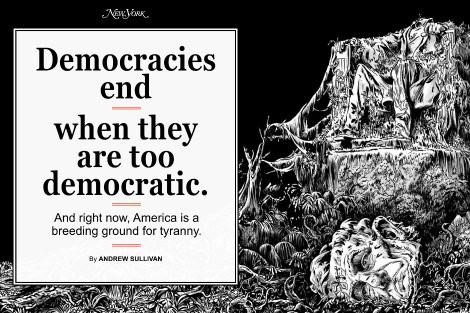
AUSTRALIA
- Jeff Sparrow
- 08 June 2016
9 Comments
Will Clinton defeat Trump? Perhaps - but the polls already show him doing far better than anyone expected. More importantly, an electoral loss might mean the end of Donald Trump but it won't destroy Trumpism. The constituency into which the Donald has tapped will almost certainly grow under the administration of a corporate Democrat like Clinton, even if it manifests in a different form. And what then? How much larger and heftier will the barriers against the popular will have to become?
READ MORE 
-
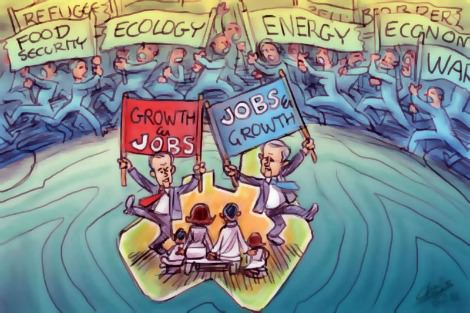
AUSTRALIA
Living within the United Nations community I've witnessed Australia fall from a well-respected international citizen, to becoming the spoilt, sneaky brat of international relations. Even the most blasé glance at the geo political currents moving through the planet reveal complexities this election pretends don't exist. Australians fighting about jobs and growth in the corner comes across as deeply deluded isolationism. The Great Barrier Reef is dying. The world is watching. Hello Australia? Anybody home?
READ MORE 
-
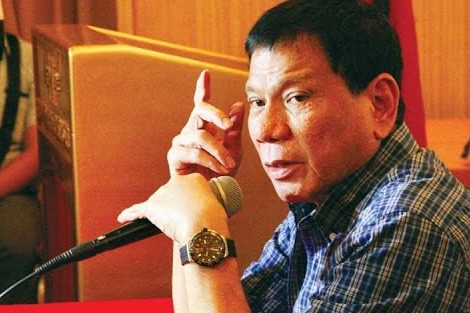
INTERNATIONAL
- Fatima Measham
- 13 May 2016
5 Comments
The campaign left me bewildered. The things Duterte represents - vigilantism, unilateralism and violence - aren't these the same things that Filipino human rights activists had fought against? Is this now the preferred template for imposing order? I parsed post after post on social media, trying to working out what I was missing. For months I asked myself, what the hell went wrong? It is only lately that I'm beginning to accept that I got the wrong end of the question. What went wrong? Everything.
READ MORE 
-
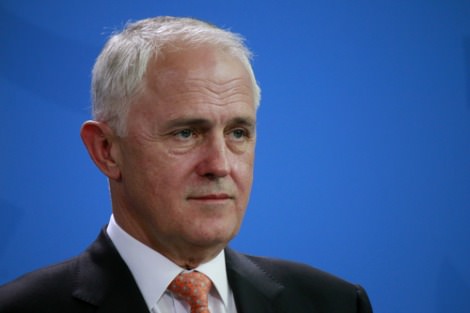
AUSTRALIA
- Fatima Measham
- 04 May 2016
3 Comments
In democracies, public sentiment is meant to be taken seriously. Describing something as populist is a refusal to engage with the sentiment, including its source and complications, usually because we find it disagreeable. The subtext is: people are wrong about the things they care about. They are not being rational or realistic. It is a brave thing to say these days about support for a royal commission into banks, or softening public attitudes toward detention-bound children.
READ MORE 
-
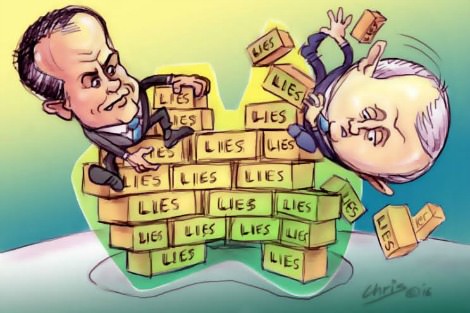
AUSTRALIA
- Justin Glyn
- 11 April 2016
10 Comments
We got a lesson in the art of language from the Minister of Immigration, Peter Dutton, whose redefinition of the word 'detention' was reminiscent of Humpty Dumpty's remark in Alice Through the Looking Glass: 'When I use a word it means just what I choose it to mean, neither more nor less.' We are social creatures who make real decisions based on the representations of others. Once we know we cannot expect the truth from each other, especially those who govern, society can no longer function.
READ MORE 
-

AUSTRALIA
- Andrew Hamilton
- 03 March 2016
9 Comments
Who better to consult than Dr Hippocrates and his humours? Before Tony Abbott's deposition the choleric element dominated in Australia, full of sound and fury. This has been followed by the preponderance of the sanguine humour, expressing itself in that sunny optimism that makes light of problems. But more recent events suggest that the humours are again in chronic imbalance. The core weakness in the Australian constitution has not been removed with the accession of Malcolm Turnbull.
READ MORE 
-
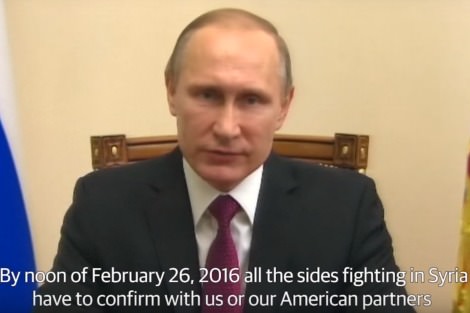
INTERNATIONAL
- Justin Glyn
- 25 February 2016
4 Comments
There is cause for both optimism and scepticism in the news that the US and Russia have agreed a ceasefire in Syria. On the face of it, one of the world's bloodiest civil wars is about to come to an end; an end to be guaranteed by the two biggest, best armed militaries on the planet. This should be excellent news for everybody, not least the long suffering civilian population of one of the most bombed countries on earth. So what could possibly go wrong? Well, quite a lot.
READ MORE 
-
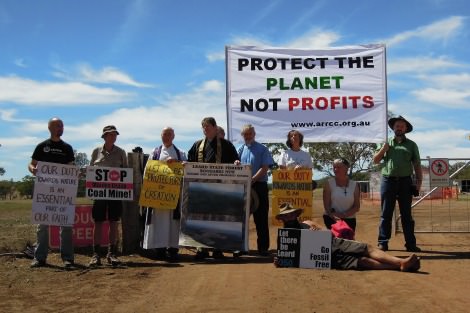
AUSTRALIA
- Fatima Measham
- 18 February 2016
5 Comments
The formative experiences of Australian early boomers include unprecedented access to university education and health care, immersion in feminist discourse, Aboriginal land rights campaigns, environmental activism, LGBT movements and pacifism. Quite remarkably, it mirrors some of the elements that engage millennials. While in some ways anti-boomer sentiment seems well placed, what it misses is that on social issues a 21-year-old might have more in common with a 61-year-old than a 71-year-old.
READ MORE 
-
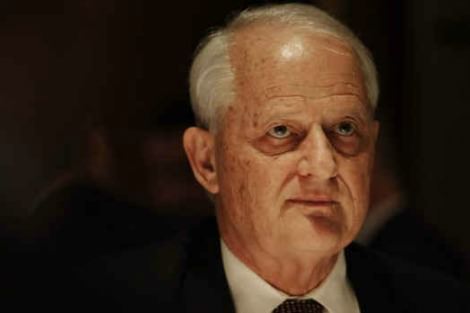
AUSTRALIA
- Justin Glyn
- 15 February 2016
7 Comments
If Phillip Ruddock's appointment as Australia's first special envoy to the United Nations on Human Rights is about demonstrating the worthlessness of current international human rights protection structures (and the consequent hollowness of their criticisms of Australia), it is a rather short sighted one. Appointing a person with a weak record of upholding human rights in the area where Australia itself is weakest sends the unmistakable signal that Australia is no longer committed to the human rights project.
READ MORE 
-
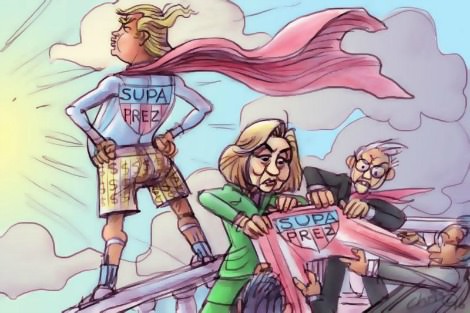
INTERNATIONAL
- Jim McDermott
- 08 February 2016
5 Comments
Many Americans want a President who speaks to their deepest dreams and ideals. A champion. Trump's vision of reality is the polar opposite of Obama's, a hellscape where foreigners, the unemployed (and women) are eroding society. But, like Obama, he has positioned himself as a champion of those filled with frustration, insisting it doesn't have to be this way. Bernie Sanders is in many ways the Trump of the left, a political outsider who says what progressive Americans have long been thinking.
READ MORE 